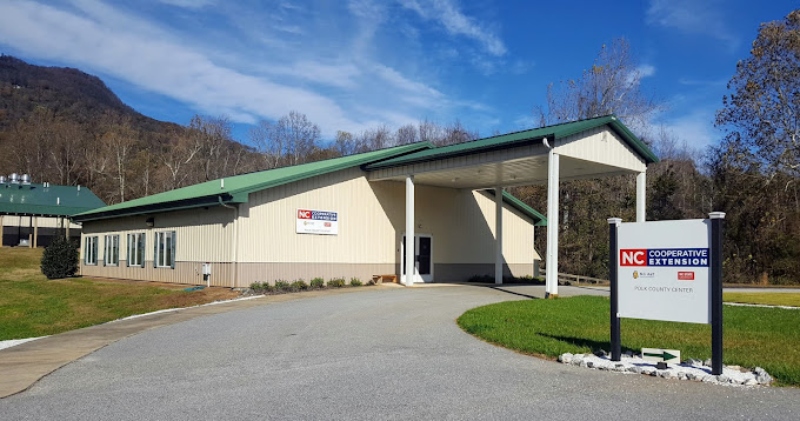Healthcare Umbrella – A pain in the neck
Published 12:52 pm Wednesday, February 23, 2022
|
Getting your Trinity Audio player ready...
|
Recently, I had an injury to my hip that brought about a great deal of pain. When it resolved, I breathed a sigh of great relief as it had impacted my life in so many ways. However, that caused me to consider individuals dealing with pain that lingers and does not resolve. Chronic pain is complex. It’s a condition that lasts more than three months and can even last for years. The pain can come and go or can be a constant. And it can affect all parts of the body. Chronic pain is a disease that often limits the quality of life and frequently leads to increased depression, distress, and sleep issues. It can prohibit your ability to complete the simplest of daily tasks, making it difficult for pain patients to enjoy family life, work, and participate socially. In addition, this disease can lead to relationship issues and financial instability.
Chronic pain affects approximately 25% of the adults in America and is one of the most common reasons people seek medical care. Chronic pain differs from acute pain as acute pain occurs from an injury and abates with healing. By contrast, chronic pain lasts long after the injury has healed and can even happen for no apparent reason.
Trending
Common chronic pain includes:
- arthritis and joint pain
- neck and back pain
- cancer/tumor sites
- headaches and migraines
- testicular pain
- generalized muscle pain
- neurogenic pain
- scar tissue pain
Treating your pain
Finding an effective treatment is paramount to returning you to an everyday, productive life. Unfortunately, there is no known cure for chronic pain other than to treat the cause. But often, there is no identifiable cause. And in these cases, unfortunately, a solution that works well for one person’s chronic pain frequently doesn’t work for another. In addition, the complexity of your diagnosis, genetics, and personal history can make finding a suitable treatment a protracted effort. The hope is that in collaboration with your provider, treatments are identified that allow you to live a fulfilled, pain-free life.
A practical course of treatment should include medications, lifestyle changes, and therapy. The selected approach depends on the type and causes of your pain, plus age and overall health.
Every medication has the potential for side effects — and must be discussed with your healthcare provider. In addition, addressing the four major lifestyle factors can help manage your pain. They include:
- Stress.Remove as much stress as possible through meditation and deep breathing.
- Exercise.As you’ve read in many of my articles, you need about 150 minutes of exercise each week.
- Diet.It would be best to consider an anti-inflammatory diet that eliminates foods like refined carbohydrates.
- Sleep.A lack of sleep may contribute to weight gain, not suitable for chronic pain patients.
Therapies that you may find helpful include:
- Cognitive-behavior therapy(CBT) will help you cope with pain, and the counseling will help you through psychogenic pain
- Occupational therapywill teach you new ways to do everyday tasks, and lastly
- Physical therapyreduces pain by stretching tendons and exercising muscles that strengthen your body.
Alternative treatments
There are also alternative treatments that have proven effective in pain management. Examples of these alternative pain treatments include Acupuncture and Dry Needling. While both use very thin steel needles, acupuncture seeks to rebalance the body’s energy to prompt the release of natural chemicals that fight the symptoms. In comparison, Dry Needling works directly with trigger points to stimulate tissues, changing how the brain and muscles speak to each other. Neither technique uses medication. Additional options include biofeedback, hypnotherapy, Reiki, meditation, and guided imagery.
- LUKE’S PAIN CENTER
Under the guidance of board-certified Dr. Edward Lewis, the St. Luke’s Pain Center specializes in treating chronic, debilitating pain. By using a multidisciplinary approach in the rapidly evolving area of pain management, we offer interventional pain therapies without high-dose opioids. Individualized attention with ethical care is our standard. We help our patients heal from chronic pain’s physical, neurological, and psychological impacts. We use a comprehensive array of treatments including epidural steroid injections, nerve blocks, trigger point injections, radiofrequency lesioning, and pain control medications non-narcotic and narcotic.
We know how debilitating life in chronic pain can be, and we understand how burdensome it is on your life. Know that we’ve got one goal: to make it possible for you to participate in life again fully. If you or someone you love is dealing with chronic pain, we stand by, ready to assist if needed.
If you have a healthcare topic of interest or a question, send me a note at Michelle.Fortune@slhnc.org. Also, please follow us on Facebook, Twitter, LinkedIn, or visit StLukesNC.org to learn about top-rated St. Luke’s Hospital and our new world-class services.





